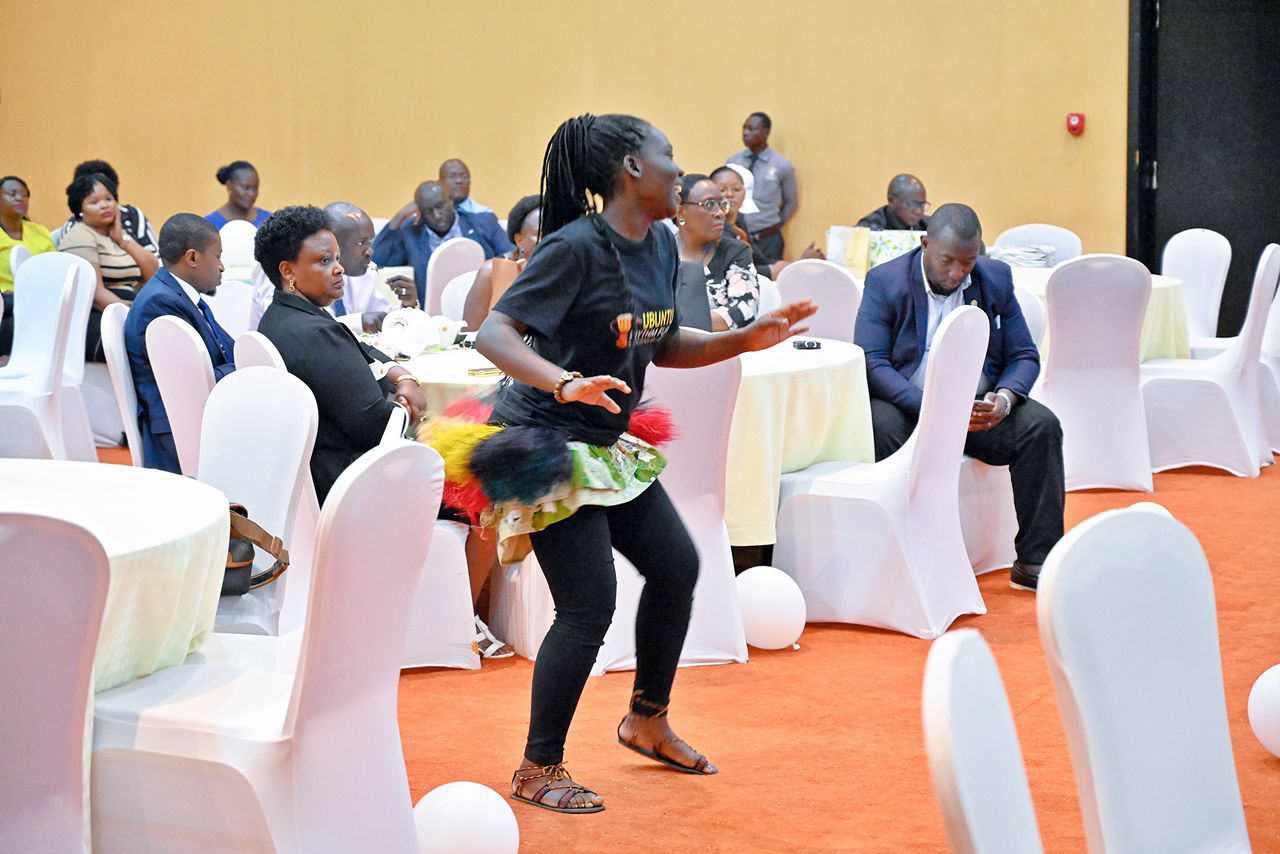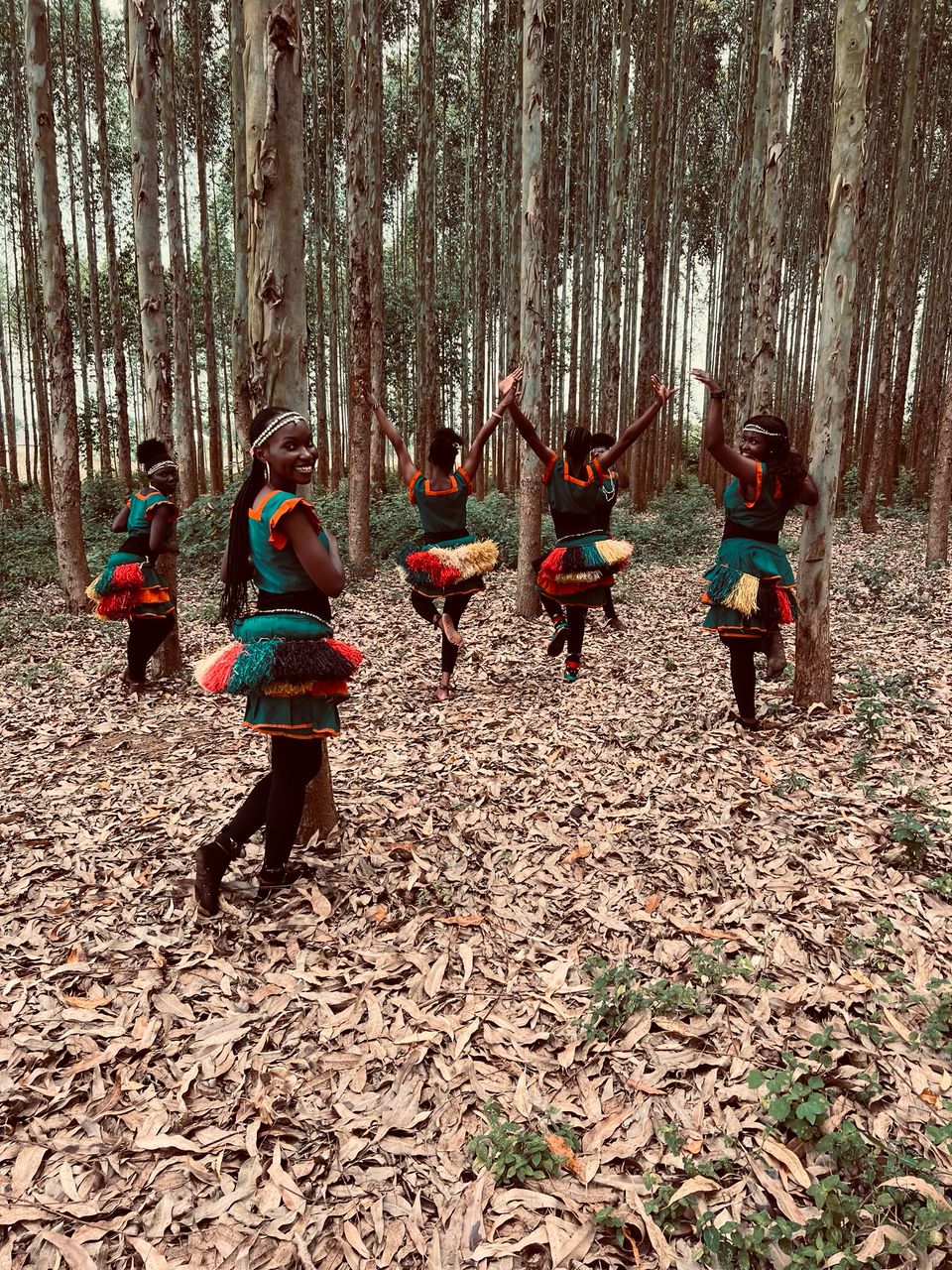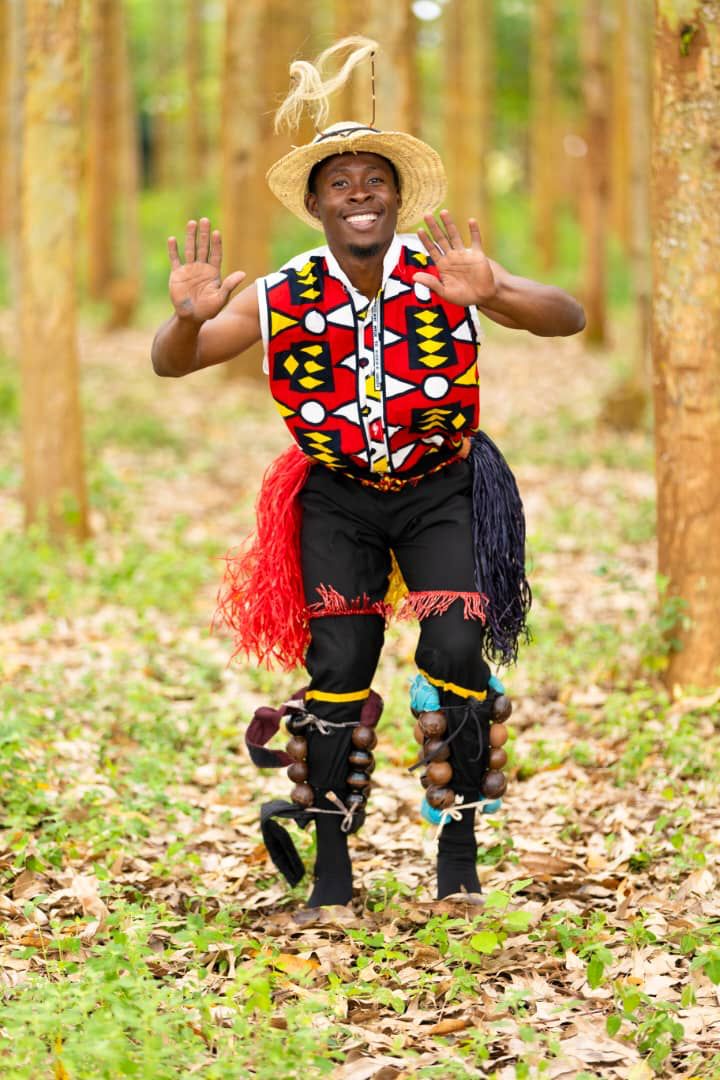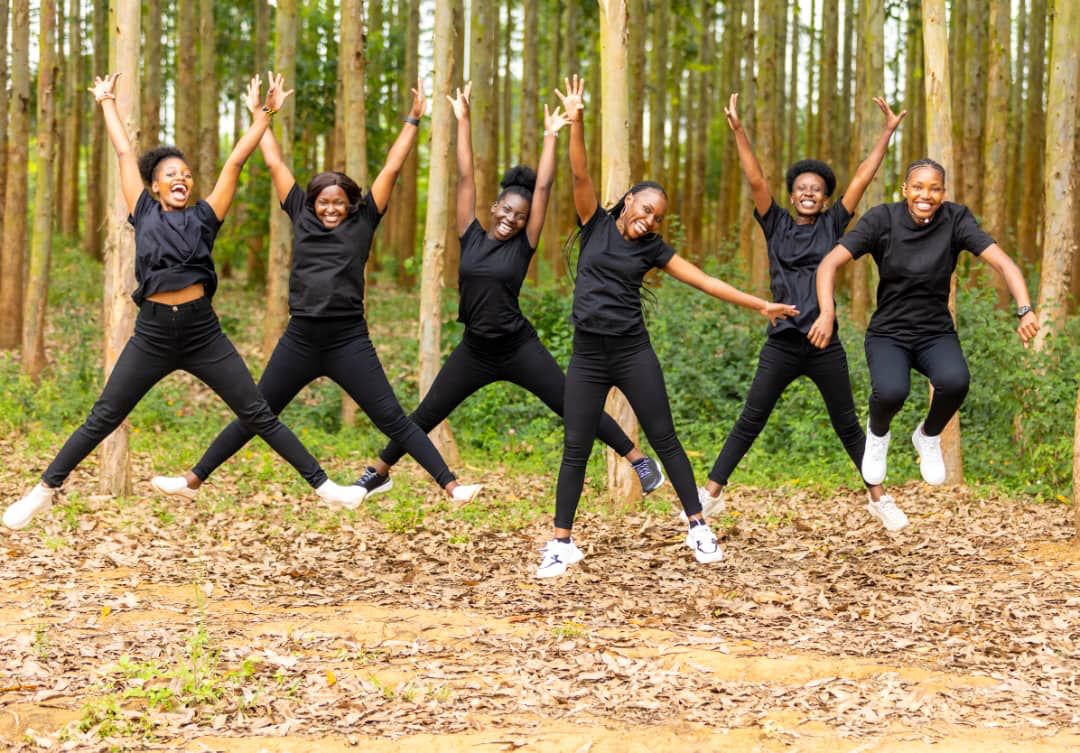At Ubuntu Rhythm Fusion Foundation, we believe that arts education is not a luxury but a necessity. Our school outreach programs have demonstrated time and again the transformative impact that exposure to music, dance, and cultural arts can have on student development and community building.
The State of Arts Education
Despite overwhelming evidence of its benefits, arts education continues to face budget cuts and reduced prioritization in many school systems. This reality has created significant disparities in access to quality arts education, particularly in underserved communities.
Our foundation works to bridge this gap by bringing high-quality arts programming directly to schools. Over the past year, we've partnered with 15 schools across the region, reaching more than 3,000 students through our workshops, performances, and residency programs.

Beyond Entertainment: The Educational Impact
Our approach to arts education goes beyond simply entertaining students. Each program is carefully designed to align with educational standards and support broader learning objectives. Through our workshops, students develop:
- Cultural literacy - Understanding diverse traditions and perspectives
- Creative expression - Developing personal voice and artistic skills
- Critical thinking - Analyzing artistic choices and cultural contexts
- Collaboration - Working together to create performances and presentations
- Confidence - Building self-esteem through artistic achievement
Teachers consistently report improvements in student engagement, attendance, and behavior following our programs. As one principal noted, "On days when Ubuntu Rhythm Fusion is scheduled to visit, our attendance rates spike noticeably."
"The arts speak to parts of children's development that no other subject touches. Through dance and music, our students are finding new ways to express themselves and connect with their heritage."— Ms. Johnson, 5th Grade Teacher
Curriculum Integration
One of our most successful initiatives has been our curriculum integration program, which helps teachers incorporate arts and cultural learning into core subjects. For example:
- In mathematics classes, students learn about geometric patterns in traditional textiles and rhythmic structures
- History lessons come alive through songs and dances that tell stories of historical events
- Language arts classes explore storytelling traditions from various cultures
This interdisciplinary approach helps students see connections between subjects and makes learning more engaging and memorable. It also provides teachers with new tools to reach students with diverse learning styles.
Measuring Impact
We take evaluation seriously and work with educational researchers to measure the impact of our programs. Recent findings from our school partnerships include:
- 85% of teachers reported increased student engagement during and after our programs
- Students who participated showed a 40% increase in cultural knowledge and appreciation
- Schools with ongoing partnerships reported a 25% increase in parent involvement in school activities
- 92% of students expressed interest in continuing arts education
These metrics help us continuously improve our programs and demonstrate their value to schools and funders.
Student Voices
Perhaps the most powerful testament to our impact comes from the students themselves. After participating in our 10-week residency program, one 7th grader wrote:
"Before Ubuntu came to our school, I was really shy and didn't like speaking up in class. Learning the dances and performing with my classmates helped me feel brave. Now I'm not afraid to raise my hand and share my ideas."
Another student, who had been struggling academically, found new motivation through our drumming program:
"Learning the rhythms was hard at first, but the teachers kept encouraging me. When I finally got it right, everyone cheered. That feeling made me want to try harder in all my classes."
Looking Forward
As we look to the future, we're expanding our school programs in several ways:
- Developing digital resources to reach more classrooms
- Creating teacher training workshops to build sustainable arts integration
- Establishing a scholarship program for students who want to pursue arts education
- Partnering with more schools in underserved communities
We're also advocating at the policy level for greater investment in arts education, sharing our data and student success stories with educational leaders and policymakers.
Join Us
There are many ways to support our arts education initiatives:
- Donate to fund school programs
- Volunteer as a teaching assistant or event helper
- Advocate for arts education in your local schools
- Connect us with schools that could benefit from our programs
Together, we can ensure that every student has access to the transformative power of the arts.



